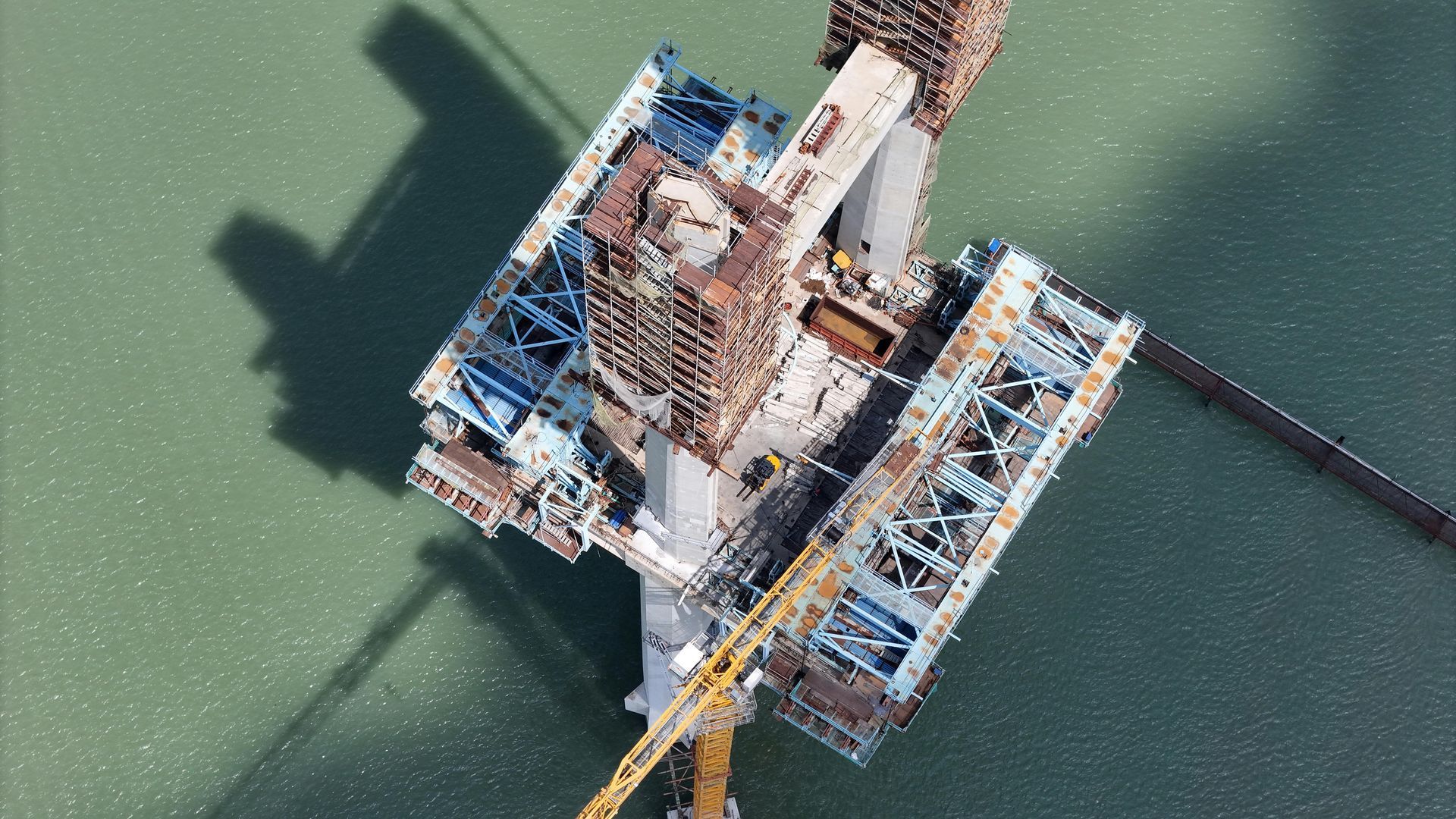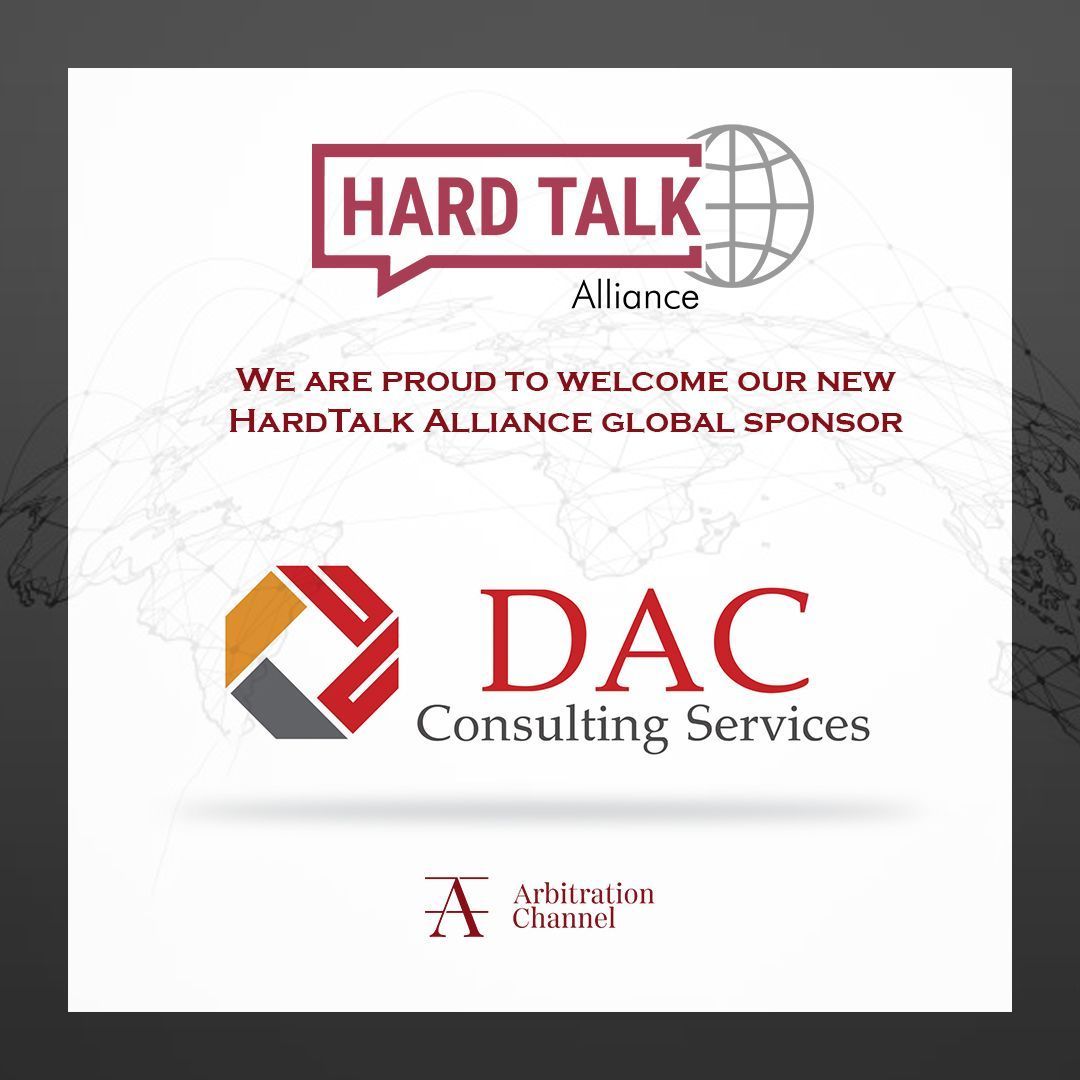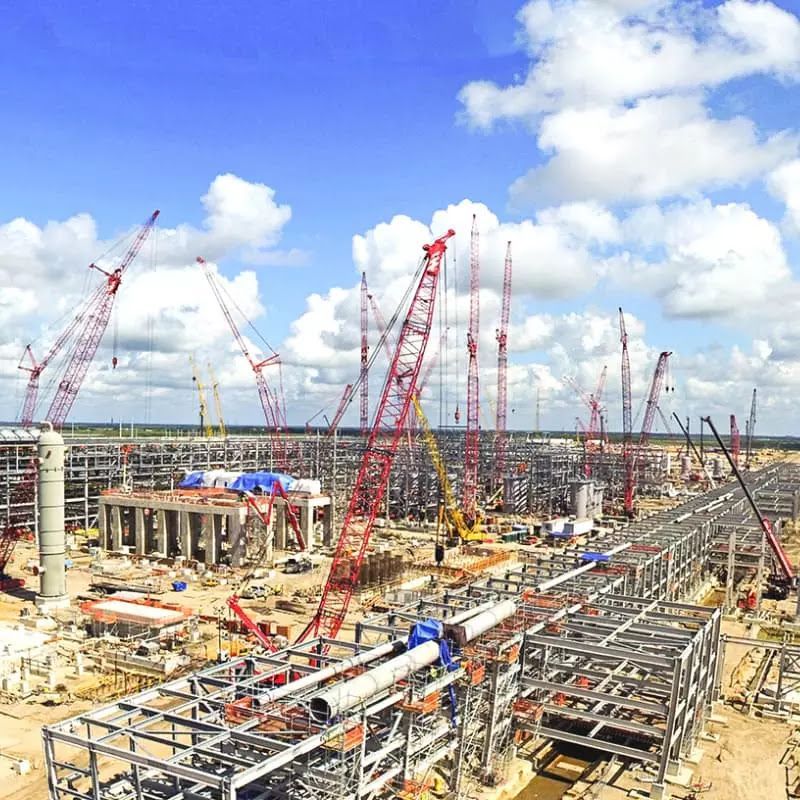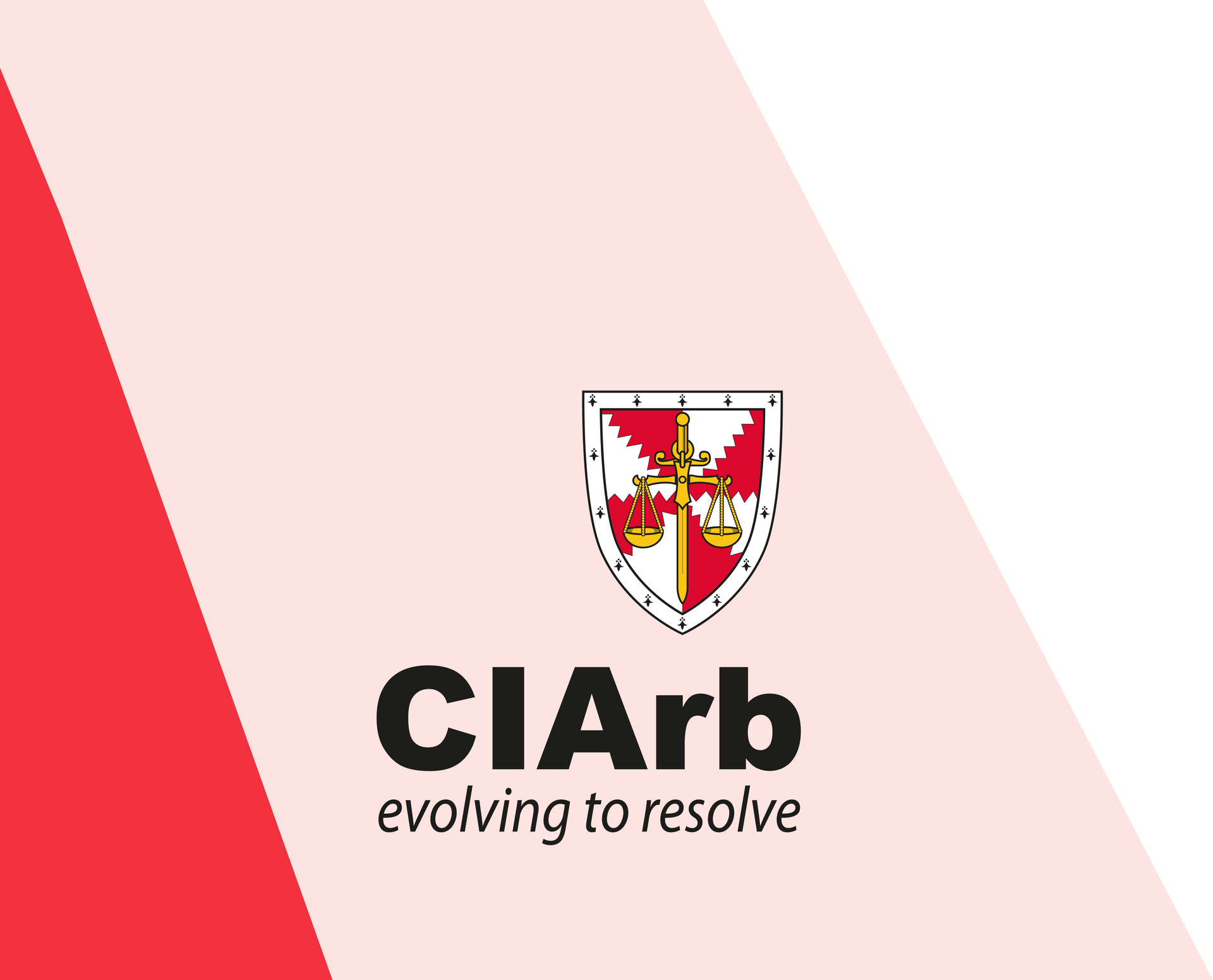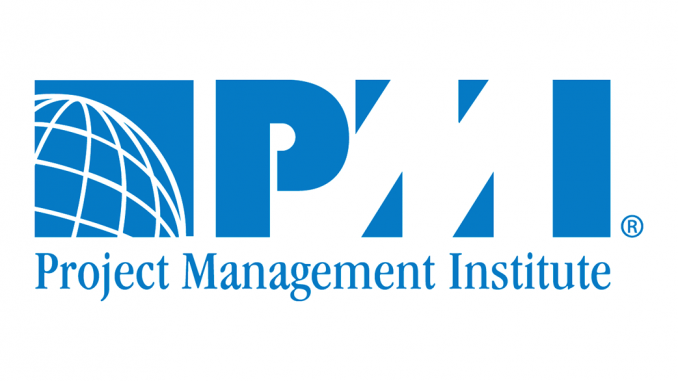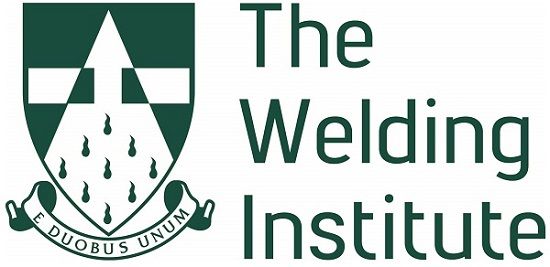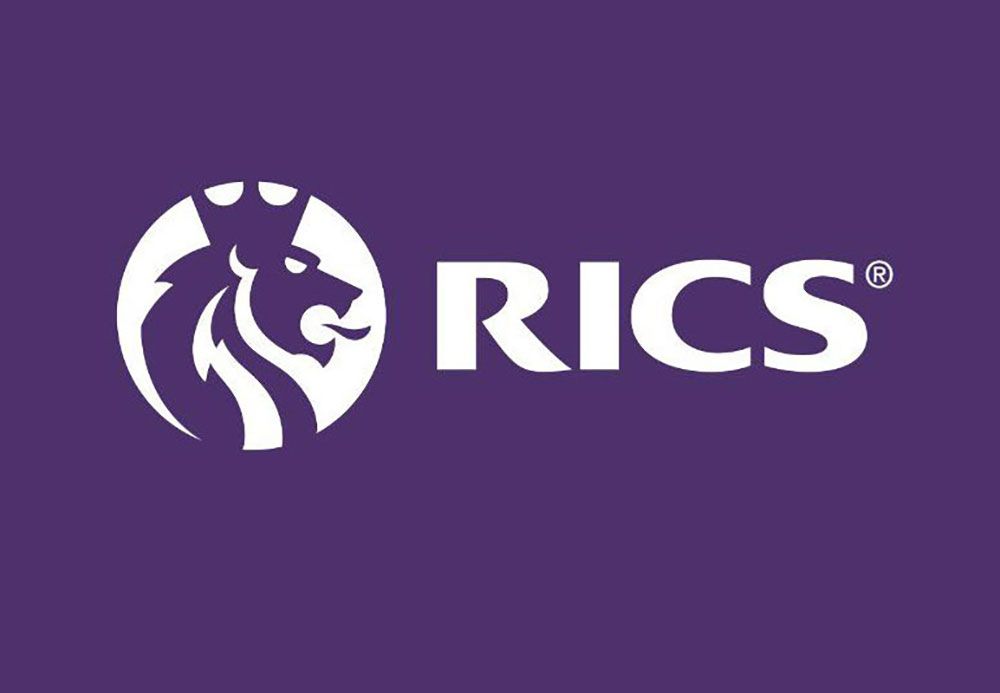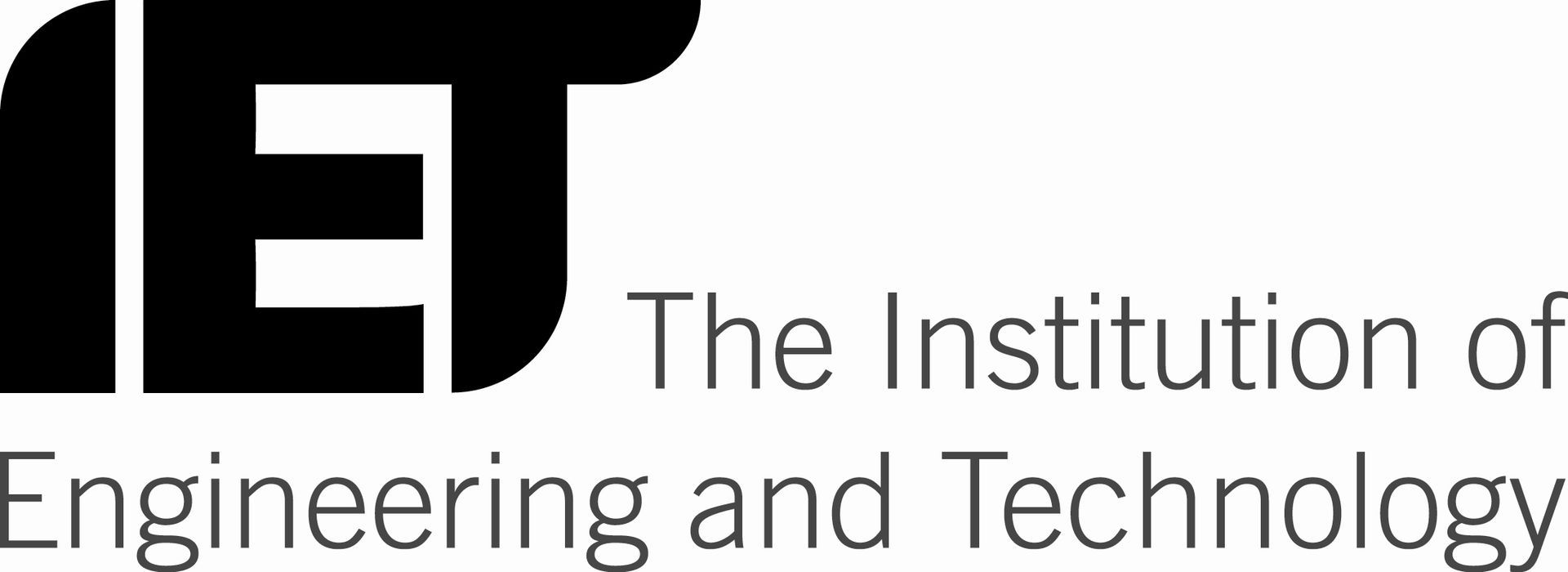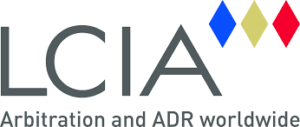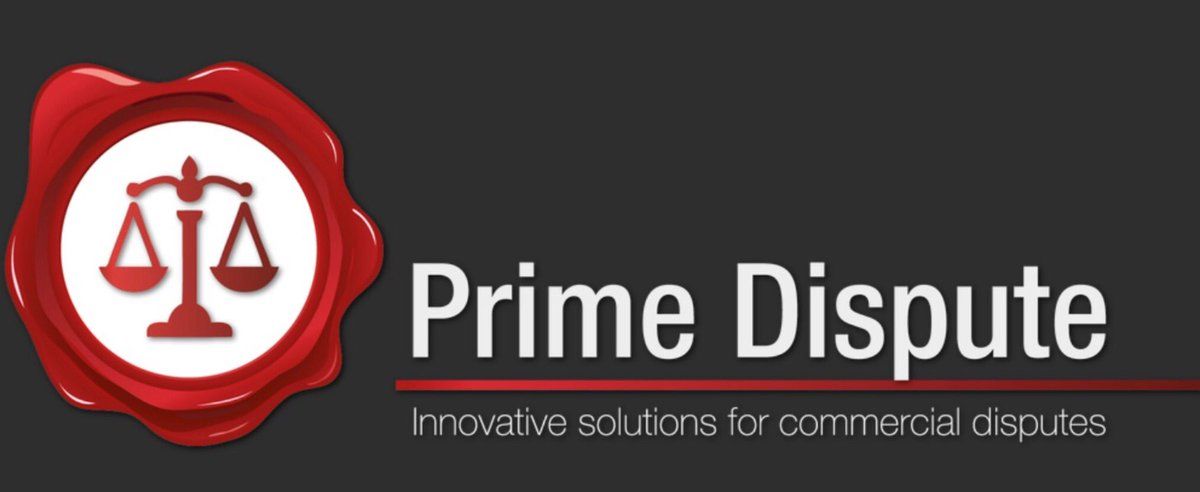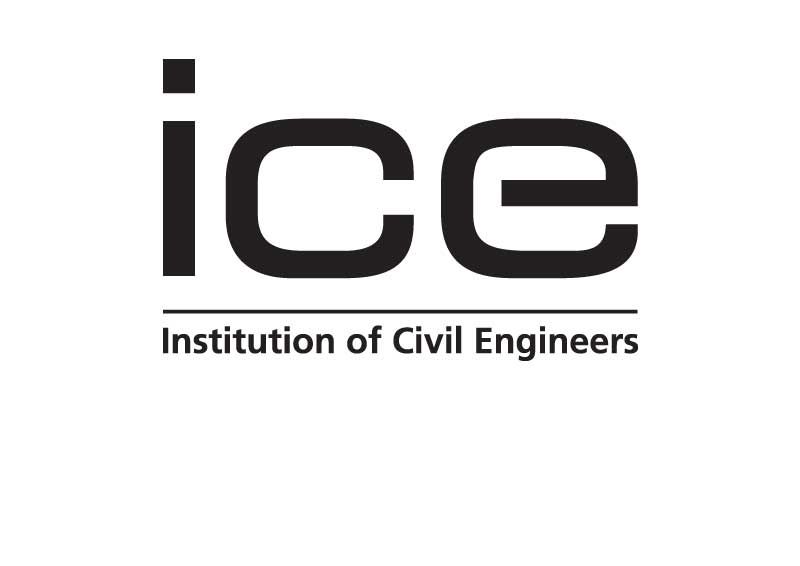26 November 2025
Preventing Cost Overruns Through Early Forensic Risk Assessment
Cost overruns remain one of the most persistent challenges in global construction and engineering projects. Even with strong teams, robust planning, and detailed procurement strategies, projects frequently encounter unforeseen issues that lead to escalating expenses, extended schedules, and strained relationships. While many organisations attempt to address cost risk once problems arise, the most effective approach is to identify and manage those risks before they materialise.
This is where early forensic risk assessment proves invaluable. By applying forensic engineering principles at the outset of a project, stakeholders gain a deeper understanding of potential technical, contractual, and commercial vulnerabilities. The result is improved cost certainty, stronger project control, and a significant reduction in exposure to future disputes. At DAC Consulting Services, our specialists provide early-stage risk assessments that allow clients to anticipate challenges rather than react to them.
What Is Forensic Risk Assessment?
Forensic risk assessment involves analysing a project proactively using the same detailed, investigative techniques typically applied during a dispute. Instead of waiting for a failure or delay to occur, forensic experts examine the project’s design, methodology, materials, environmental factors, supply chain structure, and contractual framework during the planning and early execution stages.
This approach offers a more sophisticated and realistic understanding of potential risks than traditional project management tools alone. It evaluates how design intent aligns with practical constructability, how sequencing may influence delays, and how contract provisions may create ambiguity if unexpected events arise. By identifying these issues early, forensic consultants provide the technical clarity needed to take informed action.
Why Early Assessment Is Key to Cost Control
The majority of cost overruns originate from risks that either were not identified early enough or were underestimated in their potential impact. These issues often stem from incomplete designs, unrealistic programming, inaccurate cost forecasting, or unexpected site conditions. Once construction is underway, the cost of addressing such shortcomings increases dramatically, as changes may require re-work, additional materials, or programme acceleration.
Early forensic risk assessment helps project teams address these vulnerabilities before they become costly. It provides an objective, evidence-based evaluation of project risk, offering insight into whether assumptions are realistic, whether the design is sufficiently mature, and whether procurement strategies align with project constraints. This early visibility enables more reliable budgeting and enhances the accuracy of financial forecasting.
Technical Risks That Commonly Lead to Cost Overruns
Many technical issues that escalate into disputes could have been identified during early design reviews. These may include inadequate geotechnical analysis, insufficient material specifications, undetected design inconsistencies, or untested construction methodologies. Forensic engineers analyse these aspects with investigative rigour, ensuring that potential design, structural, and environmental risks are addressed promptly.
The value of this approach lies in its precision. Instead of generalised risk categories, forensic engineers examine the project at a granular level, evaluating engineering decisions, performance criteria, and potential failure modes. This level of detail provides clients with a clear understanding of how technical risks may affect costs and allows them to develop targeted mitigation strategies.
The Contractual and Commercial Dimension of Cost Risk
Cost risk is not solely a technical issue; it is also heavily influenced by the contractual framework that governs obligations, responsibilities, and entitlements. Inadequate contract clarity, ambiguous change mechanisms, and insufficient provisions for unforeseen conditions often contribute to cost disputes.
Early forensic risk assessment examines the contract through a technical lens, identifying areas where design uncertainty or sequencing issues may conflict with contractual obligations. This analysis highlights where contract terms may require amendment, where responsibility lines may need reinforcement, and where potential gaps may give rise to compensation claims. By resolving these issues proactively, clients reduce the risk of commercial misalignment later in the project.
The Link Between Programme Risk and Cost Escalation
Programme delays are closely tied to cost overruns, making schedule integrity a critical component of project risk management. Forensic delay specialists assess programme logic, sequencing, and critical path exposure during the planning phase to determine whether the schedule is realistic and resilient.
This early evaluation provides insight into potential bottlenecks, resource constraints, and dependencies that could disrupt progress. By validating programme assumptions and identifying areas of vulnerability, project teams can adjust plans before execution begins, reducing the likelihood of costly delays or acceleration measures later on.
Embedding Forensic Risk Assessment Into Project Planning
To be most effective, forensic risk assessment should begin during the early design and tendering stages. Integrating forensic experts into the project team allows potential issues to be identified while there is still flexibility to implement changes. This approach transforms risk management from a reactive defence mechanism into a strategic asset that enhances certainty and reduces long-term cost exposure.
Clients who adopt early forensic analysis benefit from greater transparency, improved decision-making, and enhanced confidence among stakeholders and investors. The reduced likelihood of disputes also contributes to better working relationships and more stable project delivery.
Conclusion
Cost overruns are not an inevitable part of construction delivery. With early forensic risk assessment, stakeholders can anticipate technical, contractual, and programme-related challenges long before they impact budgets or schedules.
By applying investigative expertise at the outset, forensic engineers and delay specialists provide the clarity needed to make informed decisions, protect investments, and support the successful execution of complex projects.
At DAC Consulting Services, we combine engineering precision, forensic methodology, and commercial awareness to help clients build stronger, more resilient projects from day one.

Come work with Us!
If you cannot carry out new cases in your current firms due to conflicts of interest, come work with us!
- Modern case management platforms
- Unrivalled team and admin support
- Clear and concise quality management systems
- Exceptional reputation
- Capacity to GROW
- Remote working
DAC is the future of working as an Expert Witness.












